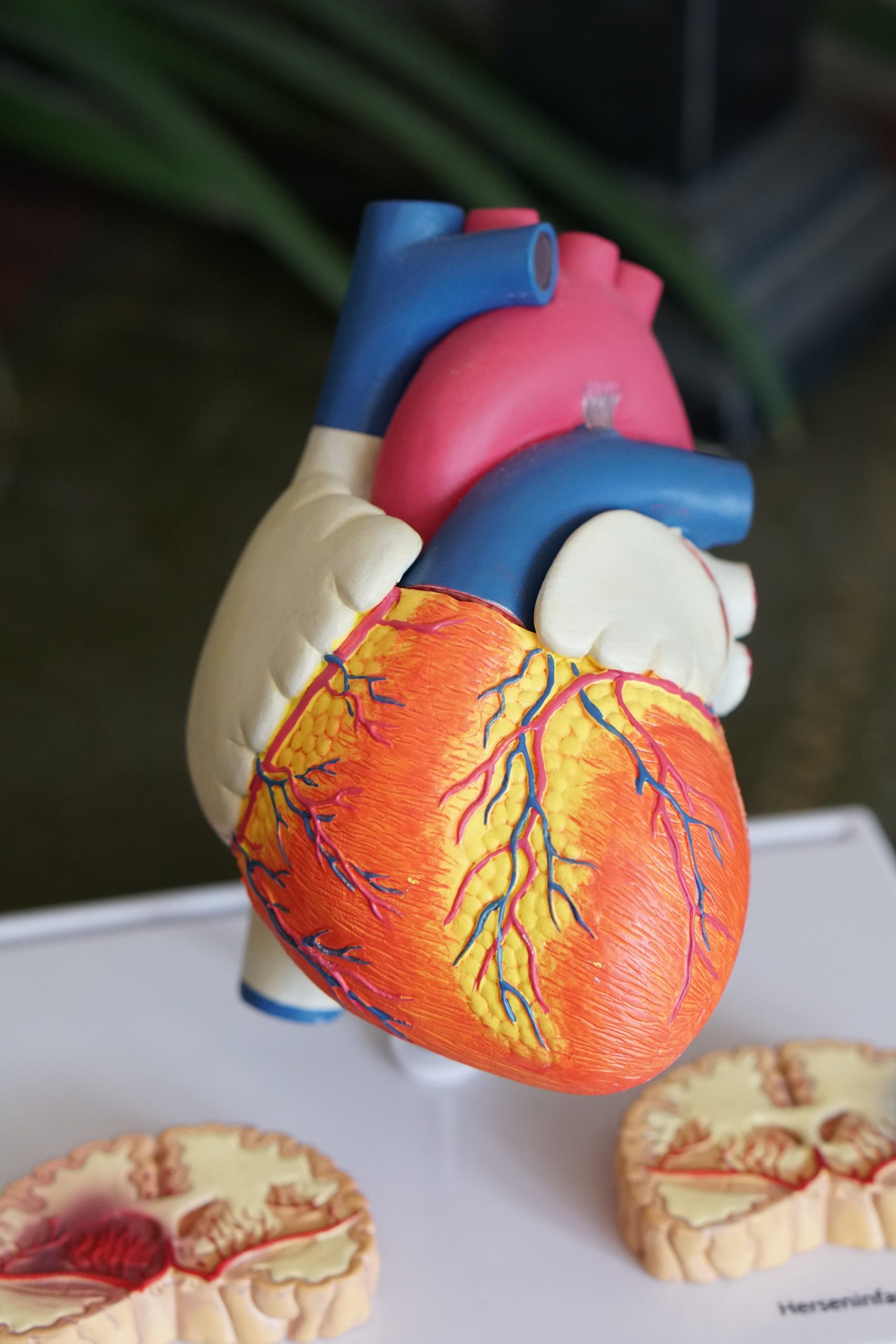I am happy to assist you in writing an article about “The Link Between Stress and Heart Health: Managing Your Mental Health.” Stress is a natural part of life, but when it becomes chronic, it can take a toll on both mental and physical health, including the health of the heart.
Research has shown that chronic stress can increase the risk of heart disease by causing inflammation and damage to the blood vessels. Stress can also cause high blood pressure and heart rate, which over time can lead to cardiovascular disease. Therefore, managing stress is crucial for maintaining good heart health.
There are several ways to manage stress and improve mental health, which can in turn improve heart health. One effective technique is exercise. Exercise releases endorphins, which are chemicals in the brain that help to improve mood and reduce stress. It can also help to improve cardiovascular health by strengthening the heart and reducing the risk of heart disease. It is recommended that adults engage in at least 150 minutes of moderate exercise or 75 minutes of vigorous exercise each week.
Another technique for managing stress is relaxation. Relaxation techniques such as meditation, deep breathing exercises, or yoga can help to reduce stress and improve mental health. Practicing mindfulness and living in the present moment can also help to reduce stress and improve overall well-being.
Social support is also an important factor in managing stress and improving mental health. Having a supportive network of friends and family can help to reduce stress and provide a sense of belonging and purpose. Social support can also help to improve cardiovascular health by reducing stress and encouraging healthy behaviors such as exercise and healthy eating.
Counseling or therapy can also be helpful for managing stress and improving mental health. A mental health professional can provide support and guidance for managing stress and developing coping strategies for dealing with difficult situations.
In addition to these techniques, there are other steps that can be taken to improve mental health and reduce stress, such as:
- Getting enough sleep: Lack of sleep can increase stress and negatively impact both mental and physical health.
- Engaging in hobbies or activities that bring joy: Engaging in activities that bring joy can help to reduce stress and improve overall well-being.
- Eating a healthy diet: A healthy diet can help to improve both mental and physical health, reducing the risk of heart disease and improving overall well-being.
In conclusion, managing stress and improving mental health is an important step towards better heart health. Exercise, relaxation, social support, counseling or therapy, getting enough sleep, engaging in hobbies or activities that bring joy, and eating a healthy diet are all important steps that can help to reduce stress and improve both mental and physical health. It is important to consult with a healthcare provider or mental health professional to develop an individualized plan for managing stress and improving overall well-being.




